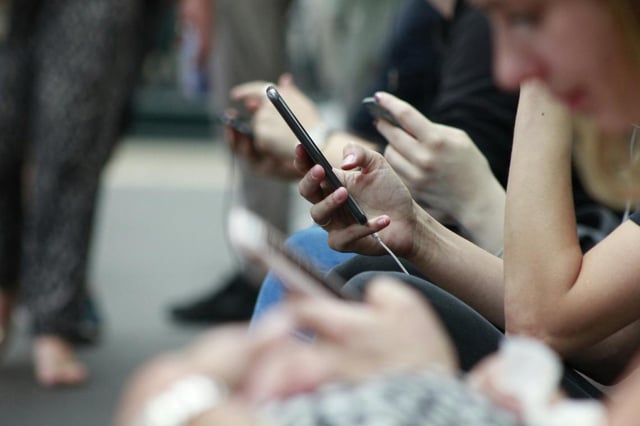Overview
- An MIT EEG study shows students writing with ChatGPT exhibit reduced neural activity in brain regions tied to creativity and attention and struggle to accurately recall AI-generated text
- Surveys by Microsoft Research and Michael Gerlich’s team indicate frequent AI users report less mental effort and achieve lower scores on critical-thinking assessments
- A University of Toronto experiment found that exposure to AI-generated ideas led participants to produce solutions that were less original and less diverse
- Experts note that studies so far rely on small samples and preprint data, leaving the causal link between AI reliance and cognitive decline unproven
- Researchers propose mitigation tactics—such as stepwise prompting, forced thinking delays and AI assistants that interrupt with provocations—but nearly half of users say they would ignore usage restrictions


